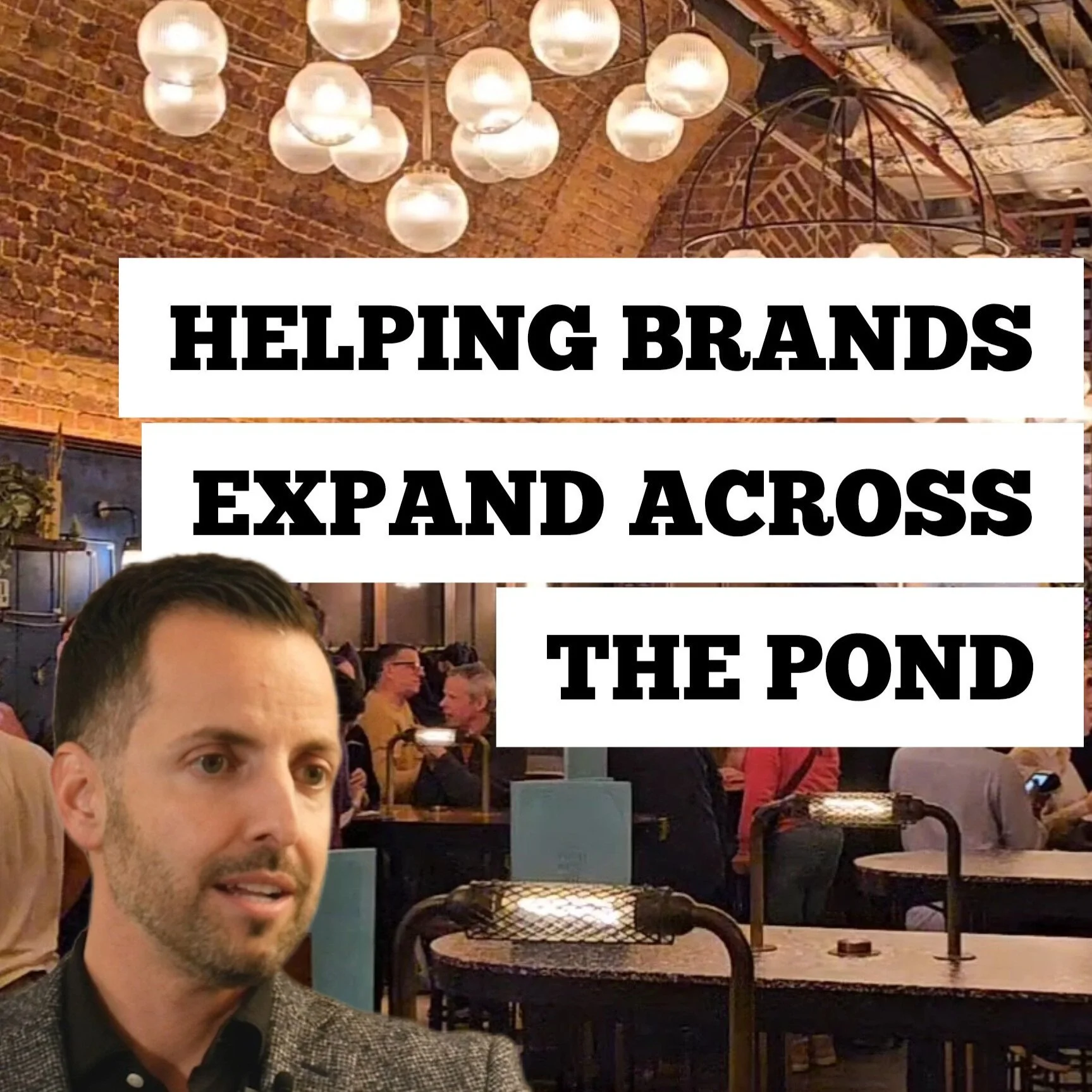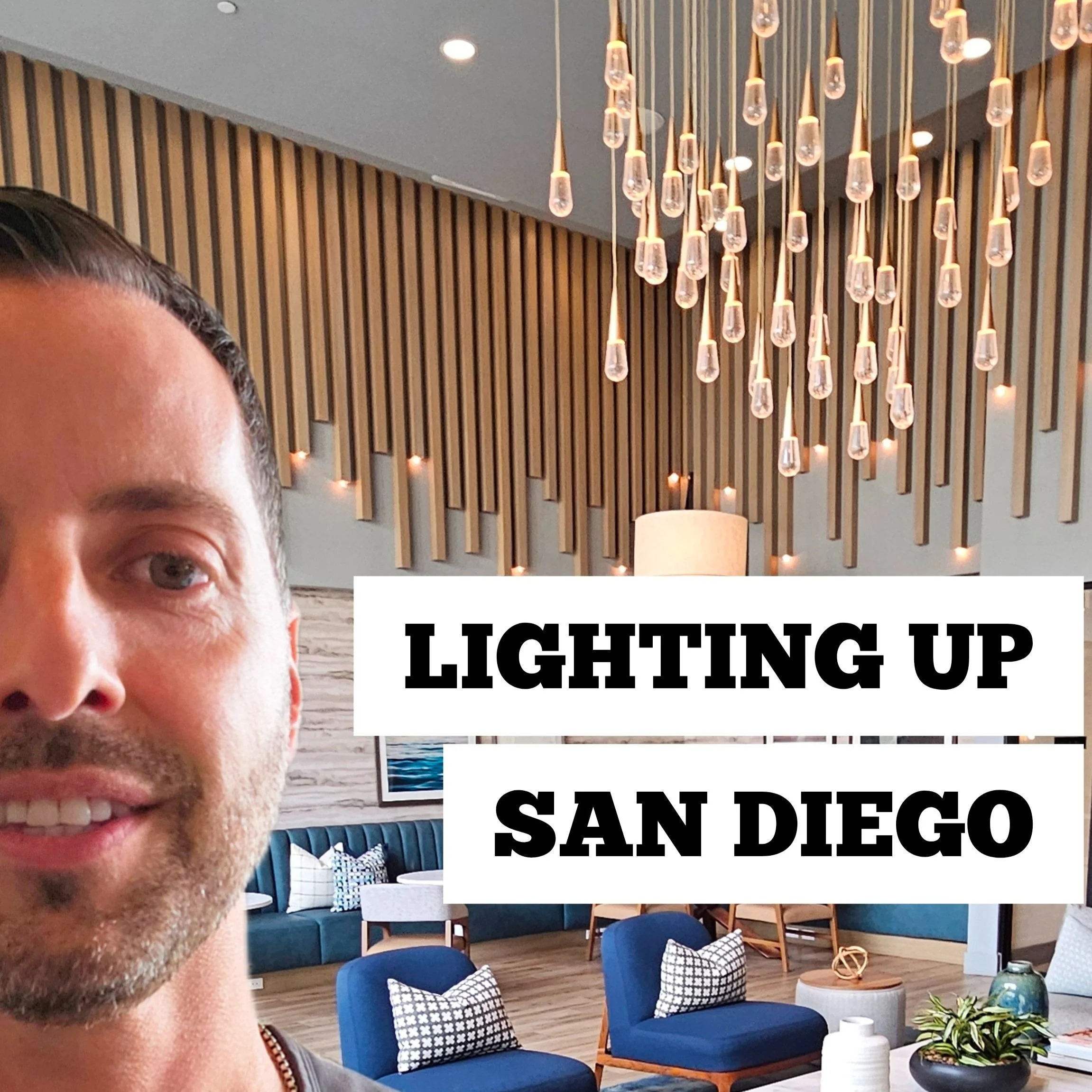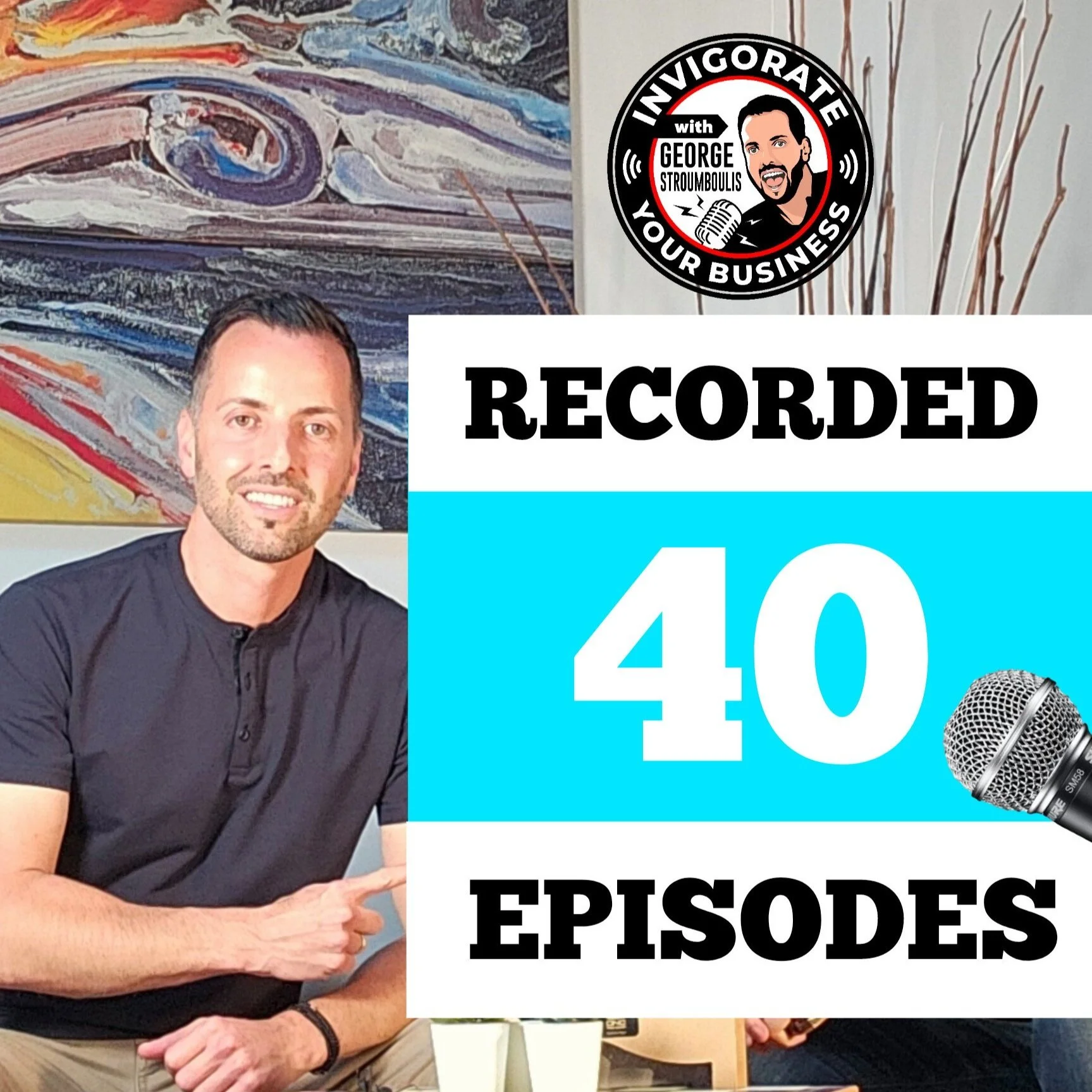WHAT DOES YOUR ONLINE PRESENCE SAY ABOUT YOU?
“Having accounts with some of the leading social sites may serve as an indicator that you embrace social media and the benefits it has in promoting yourself and staying connected.”
Whether it’s for interviewing, stalking or curiosity purposes, the first thing people do to learn more about someone is resort to the wonderful world of the internet to perform their CIA-like tactics to see what they can dig up on you.
Since we all do this and know it takes place, why not communicate the best personal image possible via your social media profiles? The first step to fully understand what a potential employer or contact will see about you is to actually Google your name to see what comes up. The truth is, the more common your name, the more difficult it is for the searcher to clearly determine if you are the actual person they are looking for. With a name like “John Smith”, Google brings up 450,000,000+ results – good luck with sorting through that information. With a less common name, you quickly see how many of the results actually relate to you.
In trying to put your best foot forward and making sure no (perceived) dirt or unprofessional content comes up on you, consider the following:
Social Media Presence:
Many employers use your social media affiliations as an indicator of how savvy you are with current trends and technology. Having accounts with some of the leading social sites may serve as an indicator that you embrace social media and the benefits it has in promoting yourself and staying connected. Whether it’s Twitter, Pinterest, Facebook, FourSquare, YouTube, LinkedIn or whatever the next big thing is, registering for social media tools that you find useful is a smart way to show you are current.
Cropped Photos:
Sometimes the saying “better than nothing” does not always apply. It is preferred to use photos that do not show you at a party, downing beverages or pounding back beers with your shirt off. In cases like these when that is all you have to show, you are better off leaving the default silhouette icon as your image. As good as we may think we are at cropping these photos, in many cases it looks like a disaster and one that may not be taken seriously by potential employers.
Privacy Settings:
If you do not want the world to know everything about you, then check your privacy settings. I agree, it seems like these guys change the privacy setting weekly, forcing us to make this a full-time job. With that said, many people are still unaware of what information they post is visible to the online world. Remember, if you do not control the settings, people can easily see which pages you like, what pins you pinned and what tweets you tweeted. Its easier to be proactive with this than trying to fix what is already out there.
# of Contacts/Friends:
When applying for a position that involves being networked, connected and influential, the number of connections or friends on your profile helps create an image of you. If you are applying for a sales position and claim to be well connected, having 14 connections on your LinkedIn profile surely does not support this claim. Without trying to SPAM targets asking to be your connection or friend, you should consider that an online review of you takes place by people daily. If all else fails and you can’t maintain your online presence, then simply hide everything that you can.
Since it’s a part of who we are today, social media should be embraced, maintained and filtered. Another important way of helping control what content comes up when your name is Googled, is to have your own professional blog or personalized website – where you can be the master of your own PR efforts.
Happy stalking, everyone!











